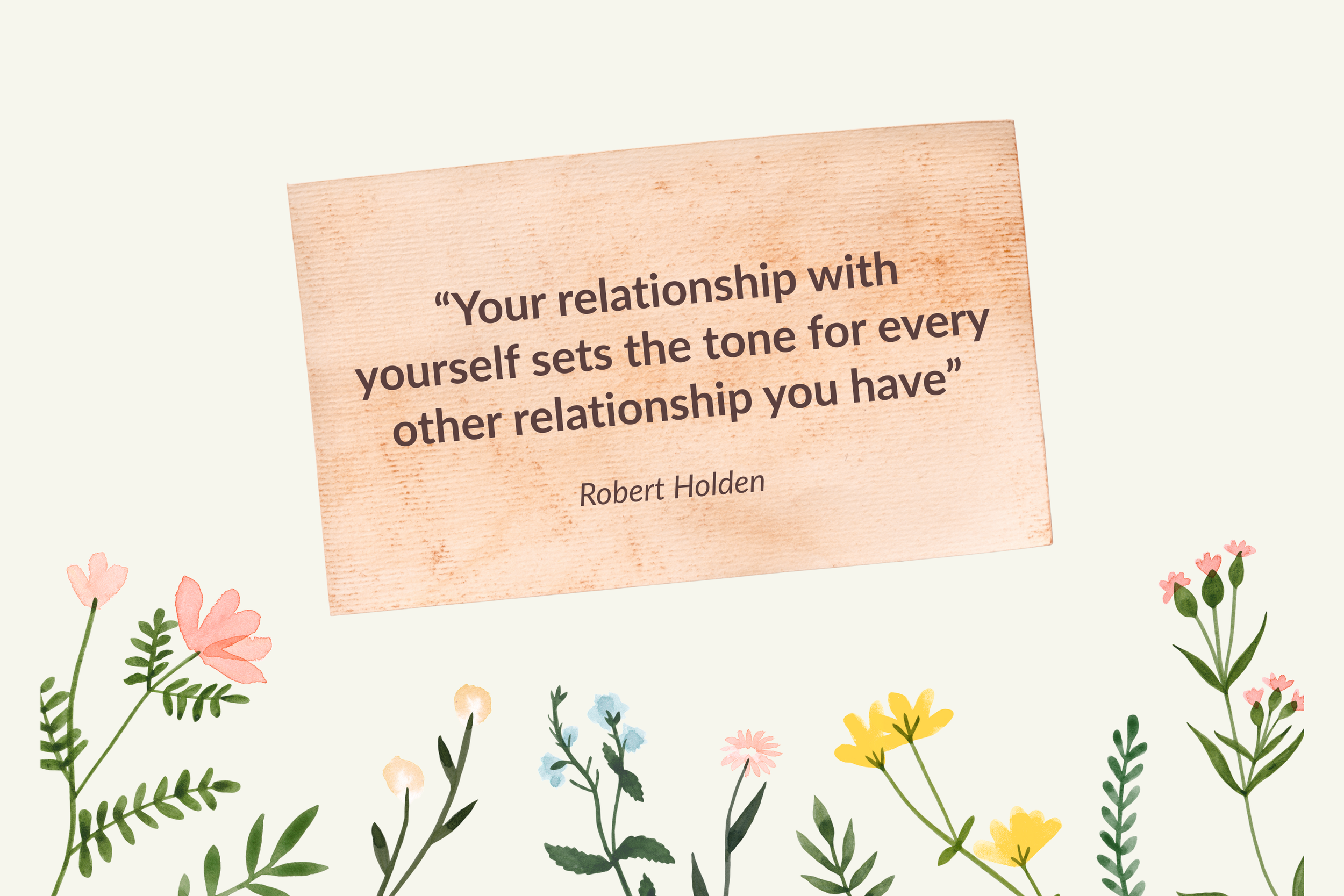Using Journaling to Navigate Relationships With Less Overthinking
Ileana Arganda-Stevens
Navigating Relationships With Less Overthinking
It’s 3 a.m. and you’re wide awake thinking about your last text exchange – What were they trying to say? How did I come across? Am I just making something out of nothing?
Hours later, you’re finally ready for sleep just as your alarm goes off!
Many of us lose sleep, time, and energy overthinking our relationships – it may even contribute to tension or distance with the other person.
How do we break free from the vicious cycle of overthinking? Keep reading to learn how journaling can help you maintain your sanity and better navigate your relationships.
Why Overthinking Affects Relationships
Relationships with friends, partners, and family members can be complex in the best of times. Communication can be confusing and anxiety-provoking, bringing up fears of being misunderstood or rejected.
You may find yourself replaying a conversation over and over again, trying to understand what went wrong. Or you may find yourself trying to anticipate how a conversation will go, rehearsing what you will say to get your point across or avoid an argument.
When we’re getting to know someone new, our thoughts may be filled with hope as well as worries – Will they stick around? Do they like me as much as I like them? But even when we have an established relationship with someone, we can spiral about dynamics that have been wearing us down, dynamics we want to change. What if I don’t want things to stay the same? Will they be able to accept my new boundaries?
How Journaling Helps Reduce Overthinking in Relationships
Journaling – which can take the form of full thoughts and sentences, short words and phrases, poetry, letters to yourself or others, quotes, notes, etc. – can disrupt the cycle of overthinking and help you to approach your relationships more intentionally. Here’s how it can help and some journal prompts to get you started…
Guided Journal Prompts For Relationships and Overthinking
1. Slows down reactive responses
It may not seem like it, but pausing during a difficult conversation can not only save you from getting into an argument, it can help you feel more centered and confident.
While we might not whip out our journals during a hard talk, we can utilize them during breaks to slow down our process and approach the other person the way we’d like to versus falling into old patterns.
Say you’ve reached a tense moment in a conversation with a loved one, the moment when things typically escalate – instead of reacting, you tell them you’d like to take a twenty minute break to collect your thoughts. You grab your journal or a sheet of paper and take a moment to dialogue with your feelings instead of unloading on the other person.
Journal prompts to slow reactivity:
When we have a big reaction, often we feel as though there’s an unbearable emotion we want distance from.
What emotion feels the biggest right now?
If it had physical characteristics, what would they be (heavy, light, static, churning)?
Imagine you and your big feeling are separate, but together, and you can talk to it, write some kind words to introduce yourself, acknowledge your feeling and see what it needs to say to you.
If journaling ever feels overwhelming or increases your anxiety, know that you don’t have to navigate it alone. Thrive Therapy & Counseling offers a safe, supportive space to help you process your thoughts and find healthier ways to cope. Connect with us here.
2. Separates assumptions vs. reality
Putting things on paper has the remarkable effect of allowing us to see things we might not have noticed before. Journaling can help us see how our thoughts and feelings color our experiences.
Say you’ve noticed that whenever your partner uses a certain phrase, you tend to feel upset. You’re curious about this, so you decide to write about the times this has happened. Seeing it written down helps you notice a pattern – the words your partner uses remind you of a very critical person from your past. You realize the emotions tied to this memory are so strong they may be clouding your perception of your partner. With this new found clarity, you decide to talk it over with them.
Journal prompts for assumptions:
We all have experiences that colour our perceptions for better or worse. Our assumptions may even serve a coping function – keeping us safe from feelings of loss or disappointment.
Think of a time you learned your assumptions were wrong or incomplete – write your past self a note or letter of compassion.
Express empathy and understanding about your assumptions and develop some mantras to help your future self try on different perspectives. Ex: Trying on different perspectives helps me grow.
3. Creates clarity before difficult conversations
Something’s been nagging at you about your relationship with a loved one. You feel like you’re putting in way more than you’re getting back, but you’re pretty sure that saying this to them won’t go over well. You use your journal to take several different perspectives.
As you write, you realize that it’s not just that they repeatedly vent to you or ask you for rides, you rarely say “no” to them. Wanting to take accountability for your part, you write several thoughtful phrases about how your tendency to agree to things before checking in with yourself has contributed to your feelings of imbalance in the relationship. You also write down several different ways you could approach them to see if they’d be willing to talk to you about this.
Journal prompts when things feel uneven in a relationship
What do you need that you're not getting in this relationship?
Have you stated this clearly to the other person?
If you haven’t yet stated your limits and needs to the other person, what makes it hard to do so? If you have, and things still haven’t changed, what limits could you set with yourself to honor your needs and boundaries? (Ex: When they message me, asking to hang out, I wait at least 5 minutes before responding, and I check in with my own needs and wants.)
If journaling ever feels overwhelming or increases your anxiety, know that you don’t have to navigate it alone. Thrive Therapy & Counseling offers a safe, supportive space to help you process your thoughts and find healthier ways to cope. Connect with us here.
Building Healthier Connections Through Journaling
Our relationships with ourselves and others are too important to allow overthinking to run the show. Even just five minutes of journaling a day can help us to feel more centered and, over time, more confident as we get to know ourselves better. The pages of your journal can become a reliable friend – always there to listen and help you reflect. And while thoughts can spiral in our brains, putting them down on paper allows us to gain healthy distance from them, giving us valuable perspective when approaching important conversations with our loved ones.
If you’d like to support increasing your utilization of healthy coping tools like journaling, please reach out.





